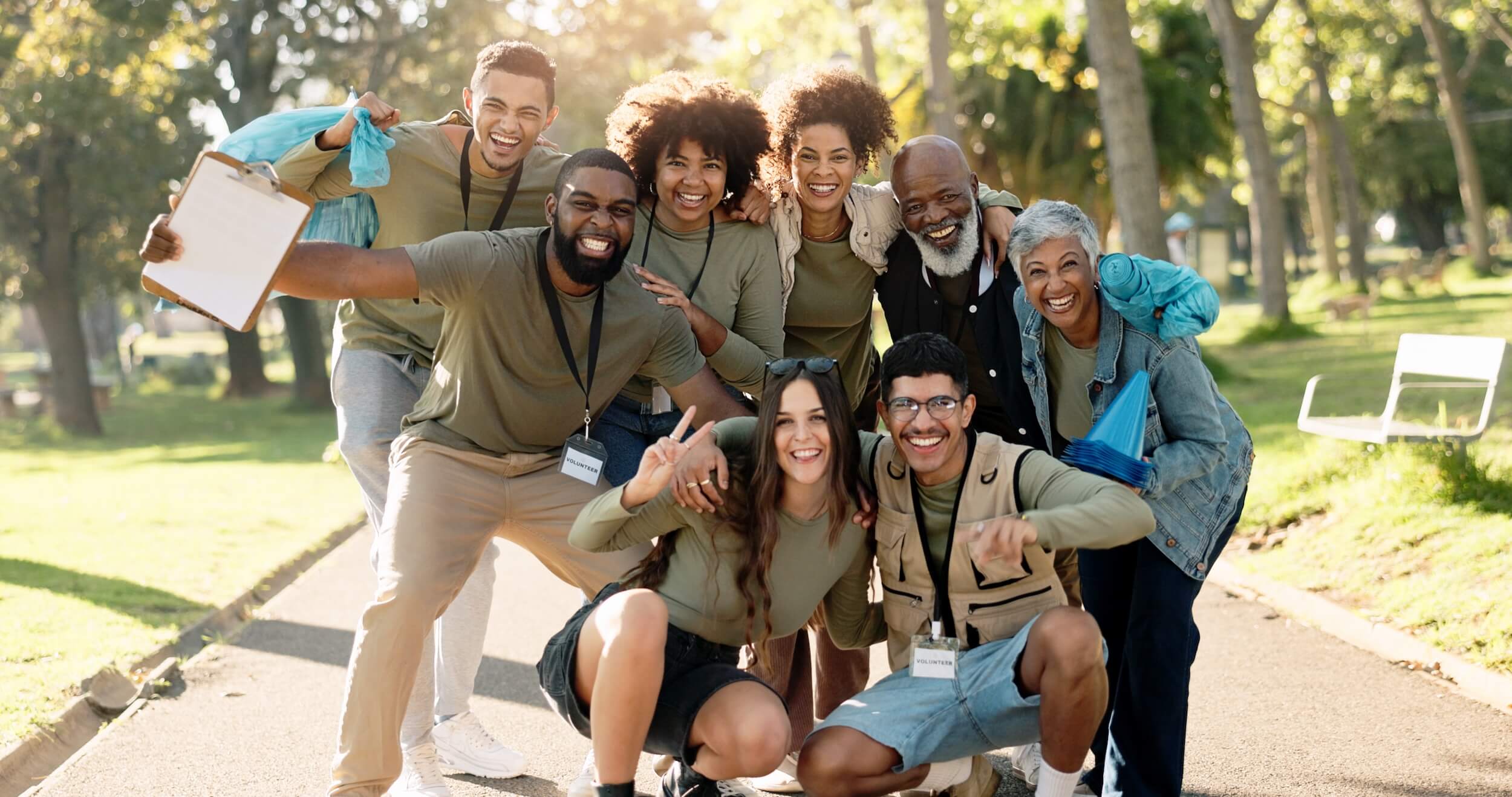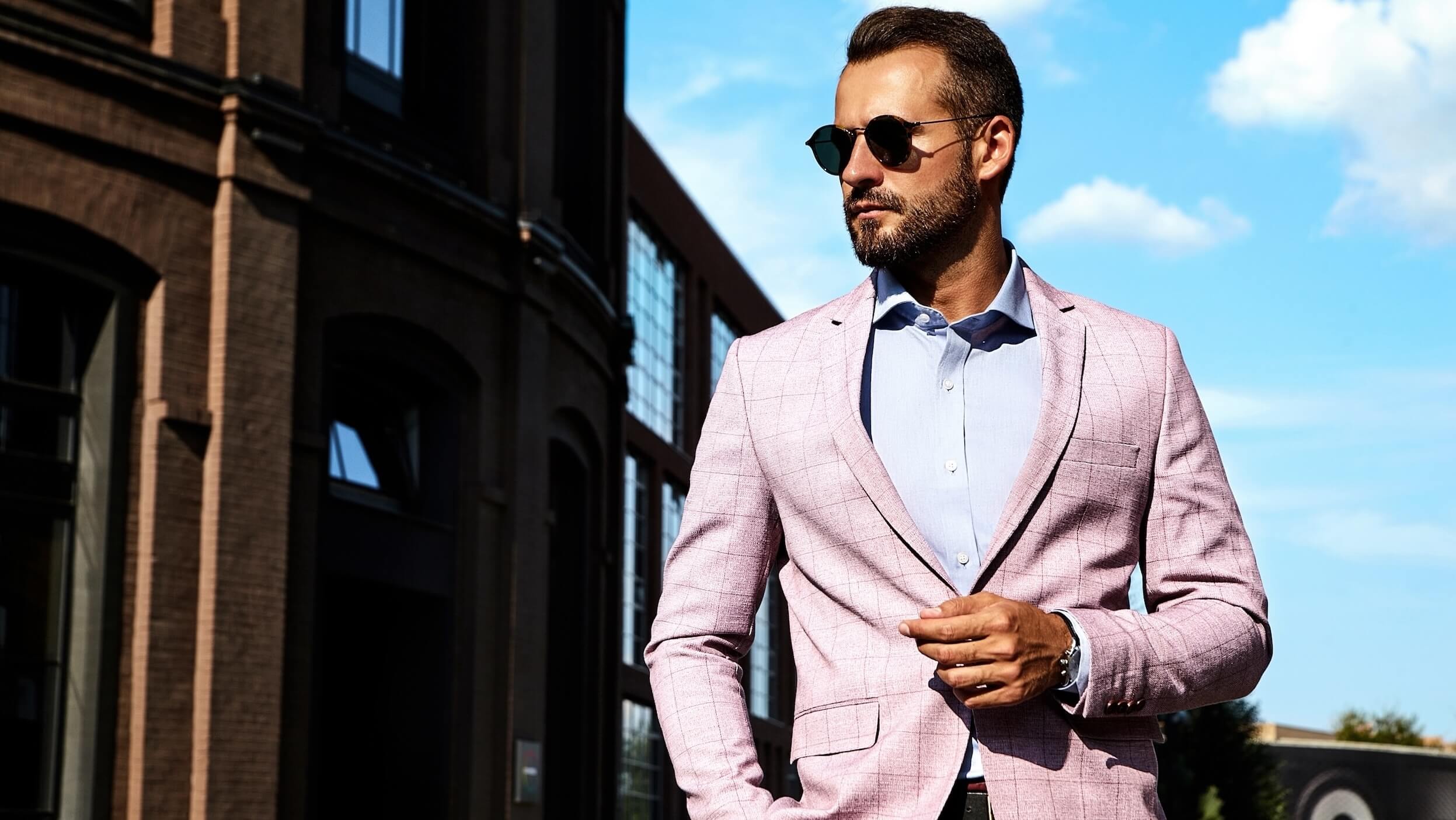Intro (00:00):
Welcome to the Taylor Ten. A fast-paced, 10 minute deep dive into the minds of those shaking up the marketing world, bringing you the sharpest insights, boldest ideas, and breakthrough trends driving the industry forward. So tune in, get inspired, and stay ahead.
CARLY (00:17):
Hello, I'm Carly. Welcome and welcome to the Taylor Ten. I'm here with my former colleague, Ashley Williams, who now works with democracy focused organizations with a focus on volunteer engagement and turning first time volunteers into leaders. Ashley is also the founder of Mind the Movement, a new nonprofit that will subsidize the cost of mental health care for fired federal workers and community organizers without insurance. Today I'm here to learn as much as I can in only 10 minutes about the strategy behind inspiring civic engagement and how companies can accelerate their missions to do good. Welcome, Ashley. Thank you for joining me today.
ASHLEY (00:47):
Yeah, hi Carly. It's good to see you.
CARLY (00:49):
Good to see you as well. So, you spent a lot of your career mobilizing communities. What first inspired you to take this path?
ASHLEY (00:56):
Oh, good question. Actually, going back to when we worked together in the music industry, I think I was still an intern at that time working in the concert marketing department, and my manager, she was involved in different organizations and I just thought she was the coolest person ever and I still think she's super cool. We're still good friends all these years later. And she got me involved in an organization that was doing fundraising and we eventually joined. I joined the steering committee with her eventually, and that was obviously raising money and sort of doing social media and press things. But then eventually we went out and actually volunteered in a community in Philadelphia and a pretty impoverished community in Philadelphia. And I'd never seen a lot of the things that I saw there and had never been in a community like that. And I always say it's like the moment my life went from black and white to color and I was just opened up to this whole new world and I loved talking to people in the community and talking to them about how important they were to democracy and things like that.
ASHLEY (02:00):
And it just really kind of changed my life and I got addicted to it. So I stayed involved as a volunteer for a long time and then eventually transitioned out of the music industry and now do this full time.
CARLY (02:10):
How do you define civic engagement in today's world and why does it matter, especially beyond voting?
ASHLEY (02:15):
I mean, I think of civics as the organized functioning of communities at the very, very local level all the way up to the federal level. Whether that's voting or you think about the rules of parking in your neighborhood. All of that is about, it involves civics and politics. And I know politics is a touchy word for people, but all of that is part of that. And so I think anytime you're engaging in the community, again at the super local level, all the way up to the national level, that is civic engagement. And I think it's important. It touches every aspect of our lives. It's the food we eat, it's the medicine we have access to, it's the water we drink.
CARLY (02:52)
What are some of the most effective ways that you've seen to spark civic participation, particularly at the local level? I think the easiest thing is to start by finding groups of people who are already doing good work and plugging in instead of the other way around.
ASHLEY (03:00):
I think the easiest thing is to start by finding groups of people who are already doing good work and plugging in instead of the other way around. Creating something and trying, getting people to come. Maybe a little different from PR and branding and marketing, I don't know. But finding people who are already gathering. So, whether that's a church community or a book club or a sorority or fraternity group, and finding people who are already doing things and then listening to them and figuring out what they care about, what issues are impacting them, what laws or ordinances in their community or at their college or whatever it is are affecting them. And then helping them see that they actually have a lot more power than they think and plugging them into ways that they can create change and change things if they're not happy with how they are or if there's something that's working really well in their community, how can that be replicated in other places? And at a more state level and national level.
CARLY (03:46):
How do you approach the challenge of turning awareness into action, especially in those communities that feel disengaged or they've been overlooked or that they're just not really part of the conversation?
ASHLEY (03:56):
Inviting them into the conversation or sometimes inviting yourself to listen in on those conversations, which takes a lot of relationship building and trust building. I always say that community organizing and marketing are really the same thing, right? It's storytelling. It's finding points of connection, it's doing that sort of social listening, I know you guys do in your work. And I think on the sort of individual level there, there's a saying, people come for the cause and stay for the people. I think that's really true. And I think we see that a lot with people getting involved with different causes or nonprofits or political work if they come because they care about an issue or they care about a thing that's happening. And what's amazing, and I think the people who stay involved the longest are the people who find a sense of community there. So, when you're building something for people to join, whether it's an employee volunteer opportunity or something for the public, it's like, yes, people are going to come, they care about that issue, but how can you make it a space that they want to come back to and a sense of community.
ASHLEY (04:50):
I think that's huge, and that's what I found to be really successful. And I think there's a lot of really creative ways you can do that, even on social media or with an email list of making people feel like they're part of a larger group of something.
CARLY (05:01):
Speaking of those creative ways, you mentioned storytelling, and I know a lot of the brands that we work with are so focused on, how do we bring storytelling into this. Could you talk a little bit about the role that storytelling plays in getting people involved and actually feeling empowered to show up?
ASHLEY (05:14):
Yeah. So I have learned from a great community organizer named Marshall Ganz who learned from social justice movements, the Disability rights movements unions way back in the sixties. And he teaches something called the Public Narrative. And when I tell it to you, it'll probably seem really obvious, but in organizing spaces, it was revolutionary, which is a story of self, story of us and the story of now. So that's a framework that I learned a long time ago and that I've taught to tens of thousands of volunteers and campaign staff on my political work. So the story of self is just like, what's motivating you to be here? What's motivating you to care about this thing? The story of us is like, okay, beyond ourselves, how does this thing affect the community? And the story of now is where you create that sense of urgency and you have a call to action to actually take action right now. So storytelling I think is at the core of some of the most important organizing work and sort of revolutionary work that has happened throughout probably all of history. And the public narrative is something that I really recommend leaders and folks in your work to look into because it really is powerful in getting people to see themselves as a person who can make a difference, which is what it's all about.
CARLY (06:21):
I know that you've worked with both grassroots organizers as well as brands that show up in this space, not necessarily with the brands themselves, but really how can these brands best support and show up to partner with these organizations? Whether that be in support of their missions or whether it's philanthropic dollars or it's just amplifying their message. What do they need to keep top of mind?
ASHLEY (06:43):
So having a really clear path of like, Hey, if you're a nonprofit, here are the issues we care about. Here's how you can connect with us. Having someone who is going to respond to those types of messages and have the conversation. I think just having the conversation is hugely helpful in validating that, oh, the thing we're doing is worth the time of a business leader. I think that's huge. Donating funds or doing sponsorship things like that is huge, especially right now in 2025 – there's so many gaps in funding. And then I think using your audience and your clout to validate the work of an organization. I worked on a program that was working to recruit poll workers for the election, and we partnered with a dating app, which on paper you'd be like, those two things do not make sense together. But the dating app did all this really cool stuff with in-app ads and interstitials, which I had to learn what that was. And they were our top recruiter, one of our top recruitment sources across all different types of organizations. But our top corporate recruiter was this dating app because they brought their creativity in their marketing and these different teams and departments who could do things at a small nonprofit of two staff members could never do. So, things like that. So thinking about really creative ways that you can bring what you all do to the work, I think is huge and is such a value add to organizations.
CARLY (08:01):
I think also recognizing the crossover and similarities and audience and human truths. For example, dating apps. You want to find somebody that their values align or they're interested in the same sorts of programs or volunteer opportunities. And then obviously meeting your fellow poll workers.
Well, what gives you hope right now for the future of civic engagement?
ASHLEY (08:19):
Conversations like this with people wanting to be involved and figure out their lane and the world can feel really overwhelming. And today when we're recording this, I was having one of those days of overwhelm, and I always try to remind myself of something that I heard years ago from someone, which is like, we don't all have to pay attention to every single issue. We don't all have to take on every single issue, but we can find some sort of our lane, our thing that this is the one or two things I care deeply about and that I'm going to focus on, and that helps me to not feel overwhelmed. And then when you're in those spaces, seeing the people who do this all the time, people who are volunteering their time, and they give me hope. Young people, a lot of the programs that I work on are youth focused and seeing young people don't have hope for themselves. at our ages.
ASHLEY (09:04):
At our age, it's easy to be like, oh, we've seen a lot. We've been through a lot, and we're getting a little jaded. And seeing young people still be like, no, we can have a better world and we can make change and we personally can do something, I think is really, really cool. So I think when you're feeling hopeless, find the people who are doing good work and hang out with them and let their energy affect you. And I think hope has to be an action word. So, you have to do some stuff too, to cultivate hope for other people. People might be looking at you or your company or brand or you as an organizational leader to inspire hope too.
CARLY (09:34):
All right. Well thank you so much, Ashley, for talking to me today. And also thank you for the work that you're doing. It's really important and we're definitely leaving this with a hopeful message. Thanks for having me.






.png)
.jpeg)


.jpg)
.jpg)



